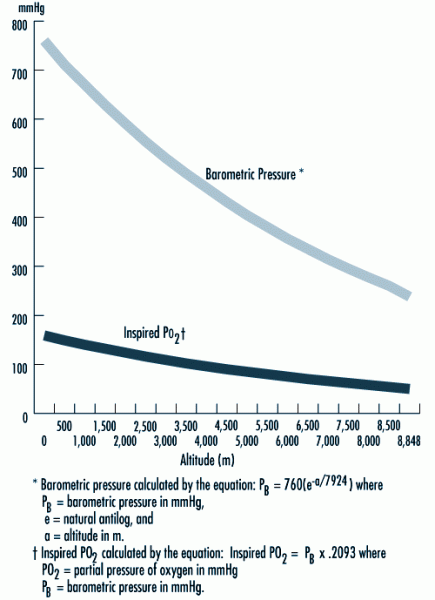Answer to Question 1
Pediatricians advise that cow's milk is not appropriate for infants younger than one year old. In some infants, particularly those younger than 6 months of age, cow's milk causes intestinal bleeding, which can lead to iron deficiency. Cow's milk is also a poor source of iron, and its higher calcium and lower vitamin C contents inhibit iron absorption. Consequently, plain cow's milk threatens the infant's iron status in three ways: it causes iron loss, it fails to replace iron, and it reduces the bioavailability of iron from infant cereal and other foods. In short, cow's milk is a poor choice during the first year of life; infants need breast milk or iron-fortified formula. Once the baby is obtaining at least two-thirds of total daily food energy from a balanced mixture of cereals, vegetables, fruits, and other foods (after 12 months of age), reduced-fat or low-fat cow's milk (in the context of an overall diet that supplies 30 percent of calories from fat) is an acceptable and recommended beverage. After the age of 2, a transition to fat-free milk can take place.
Answer to Question 2
Breast milk offers the infant unsurpassed protection against infection. Its protective factors include antiviral agents, anti-inflammatory agents, antibacterial agents, and infection inhibitors. During the first two or three days of lactation, the breasts produce colostrum, a premilk substance containing antibodies and white cells from the mother's blood. Colostrum (like breast milk) helps protect the newborn infant from infections against which the mother has developed immunityprecisely those in the environment likely to infect the infant. For example, maternal antibodies in colostrum and breast milk inactivate harmful bacteria within the infant's digestive tract before they can start infections. This explains, in part, why breastfed infants have fewer intestinal infections than formula-fed infants. Breastfeeding also protects against other common illnesses of infancy, such as middle ear infections and respiratory illnesses. In addition, breastfed infants have fewer allergic reactions such as asthma, wheezing, and skin rash. This protection is especially noticeable among infants with a family history of allergies. Even the risk of SIDS is lower among breastfed infants. This protective effect is stronger when breastfeeding is exclusive, but any amount of breast milk for any duration is protective against SIDS.
In addition to their protective features, colostrum and breast milk contain hormones and other factors that stimulate the development and maintenance of the infant's digestive tract.





